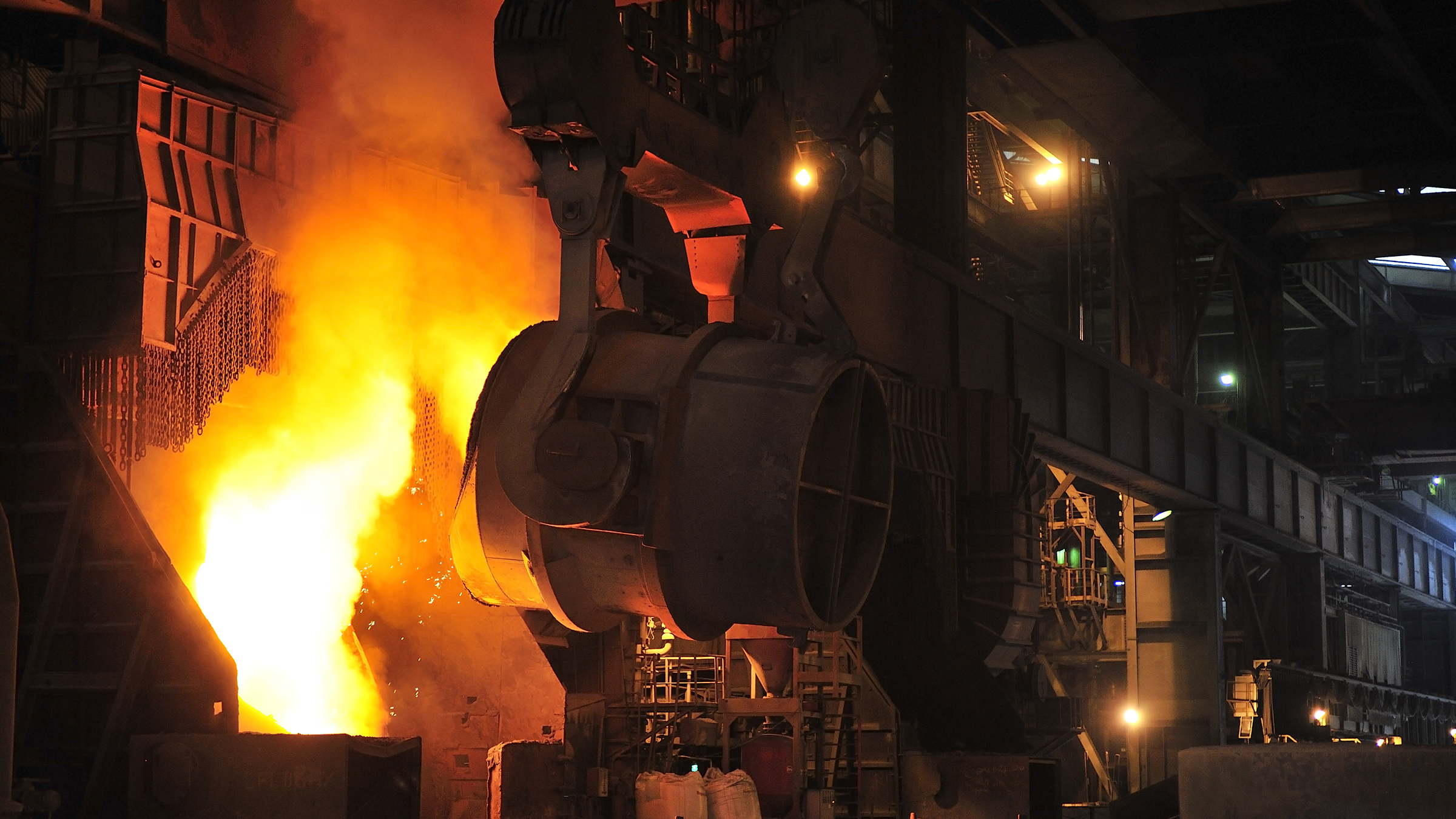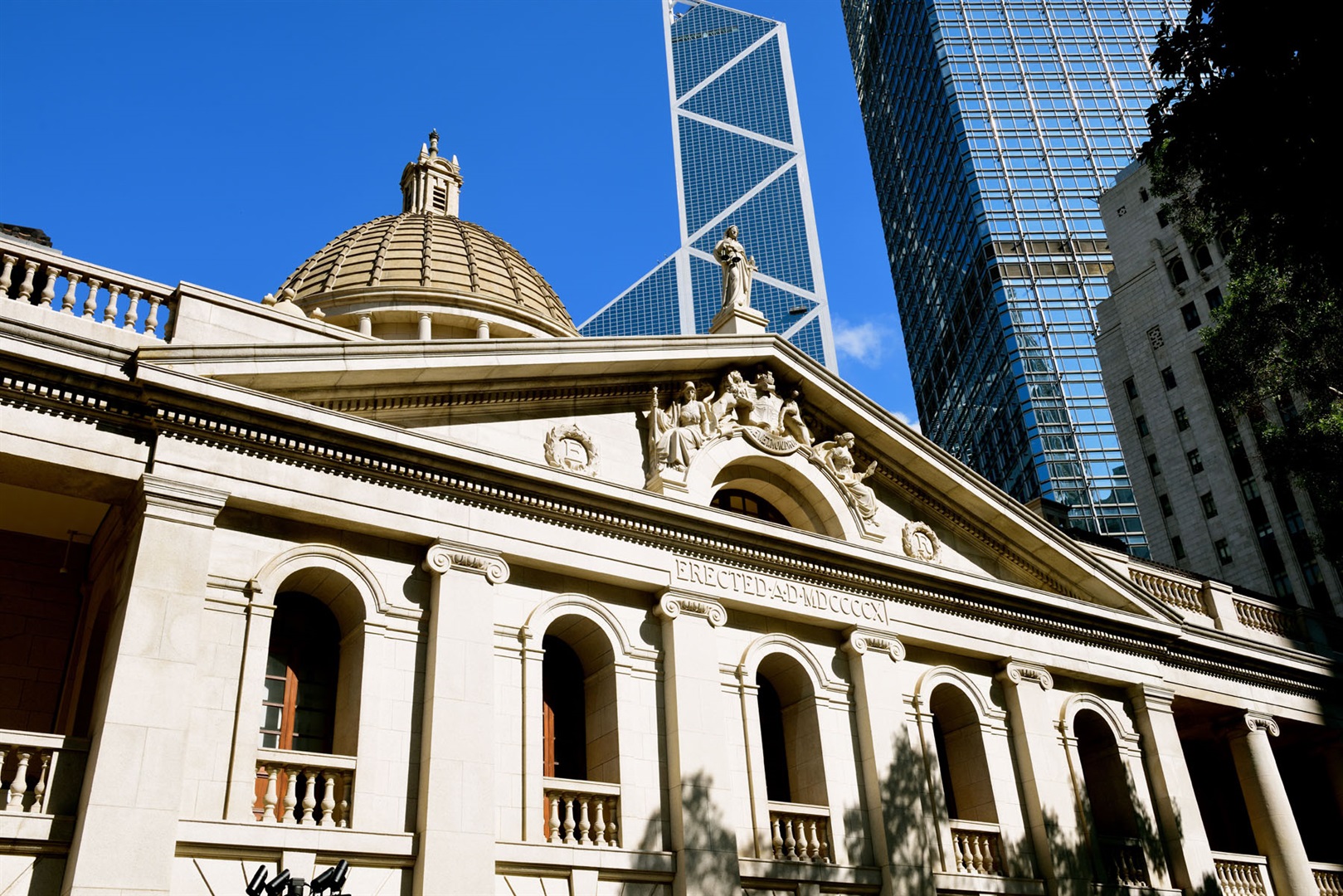Britain’s steel industry faces its gravest crisis in decades, prompting the government to convene a rare Saturday parliamentary session to rush through the Steel Industry (Special Measures) Act. The legislation grants temporary control over British Steel’s Scunthorpe plant to prevent its Chinese owner, Jingye Group, from shutting down blast furnaces. The move aims to safeguard the UK’s last remaining virgin steel production capacity, sparking widespread debate about the future of this historic industry.
Roots of the Crisis: Costs and Tariffs
Since acquiring British Steel in 2020, Jingye Group has grappled with losses of approximately £700,000 per day at Scunthorpe. Soaring energy costs—UK electricity prices are 50% higher than in Europe—combined with global steel oversupply and environmental regulations, have rendered operations unsustainable. In March 2025, the United States imposed a 25% tariff on British steel exports, further squeezing profitability. Jingye’s plan to close furnaces and cancel iron ore orders triggered alarm from the government and unions. Shuttering the furnaces would make restarting prohibitively expensive, potentially leaving Britain as the only G7 nation unable to produce virgin steel, threatening industries like construction, defence, and rail.
Government Response: Nationalisation Looms
Prime Minister Keir Starmer underscored the steel industry’s strategic importance to the economy and national security, pledging to protect some 3,500 jobs at Scunthorpe. The emergency act provides the government with interim control and buys time for negotiations with Jingye. Ministers have signalled that nationalisation is a “possible option” while committing £2.5 billion to support the sector’s shift to low-carbon technologies, such as electric arc furnaces. However, experts caution that nationalisation offers only a temporary fix, with long-term competitiveness hinging on addressing energy prices and modernising infrastructure.
Historical Echoes: A Cycle of Glory and Decline
The plight of British Steel recalls its turbulent past. During the Industrial Revolution in the 18th century, Britain led the world in steel production, powered by innovations like the Bessemer process, fuelling railways, warships, and imperial expansion. By the late 19th century, hubs like Scunthorpe and Sheffield were industrial powerhouses. In 1967, the Labour government nationalised the sector, forming the British Steel Corporation (BSC), but the 1970s brought losses amid energy crises and global competition. Margaret Thatcher’s government privatised BSC in 1988, and it later merged with a Dutch firm to form Corus in 1999 before being acquired by India’s Tata Steel in 2007, marking the industry’s globalised era.
Jingye’s 2020 takeover of the bankrupt British Steel promised revival, but today’s crisis underscores unresolved challenges. From a peak output of 28 million tonnes annually, UK steel production has dwindled to just 7 million tonnes, reflecting the toll of globalisation, cost pressures, and inconsistent policy.
Social and Political Ripples
Scunthorpe’s community and unions have rallied behind a “Save Scunthorpe Steel” campaign, stressing the industry’s role in local economies and identity. Reform UK leader Nigel Farage has called for full nationalisation, declaring that “foreign owners must not strangle British industry.” However, the government’s focus on Scunthorpe has drawn criticism from areas like Port Talbot in Wales, where accusations of “double standards” in policy have surfaced.
An Uncertain Path Ahead
The government plans to unveil a long-term steel strategy in spring 2025, emphasising green technology and energy reform. Yet analysts warn that short-term interventions cannot mask deeper structural issues, and Britain’s steel industry must carve out a new role in global markets. The fate of Scunthorpe will not only affect thousands of families but also determine whether the UK can preserve the last bastion of its industrial heritage.
Discover more from “Bridging Hongkongers. Reporting Truth.”
Subscribe to get the latest posts sent to your email.




